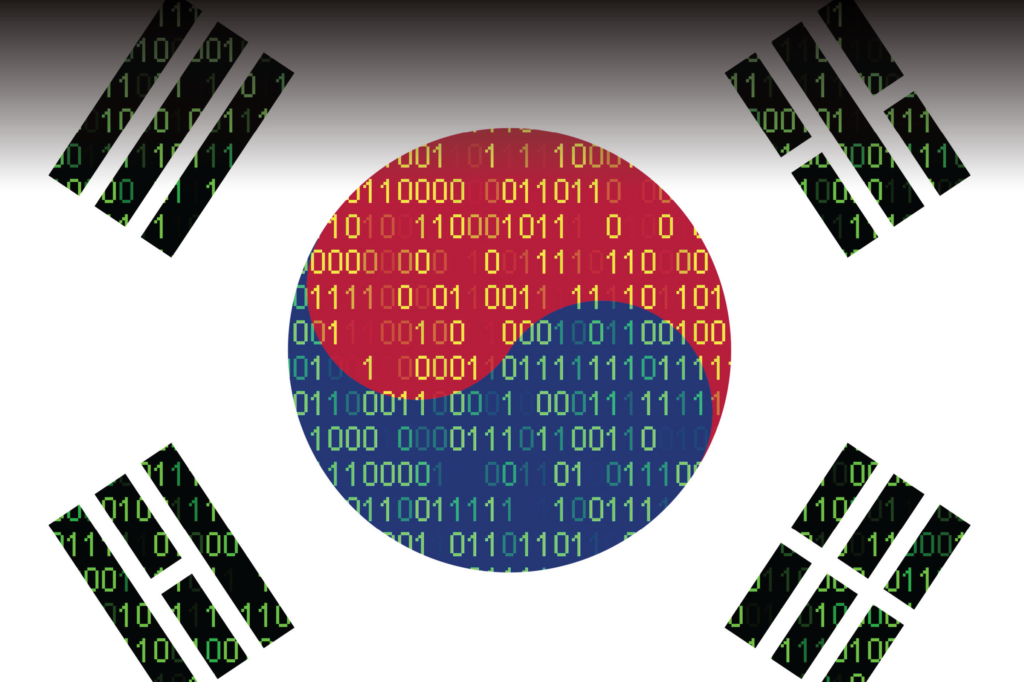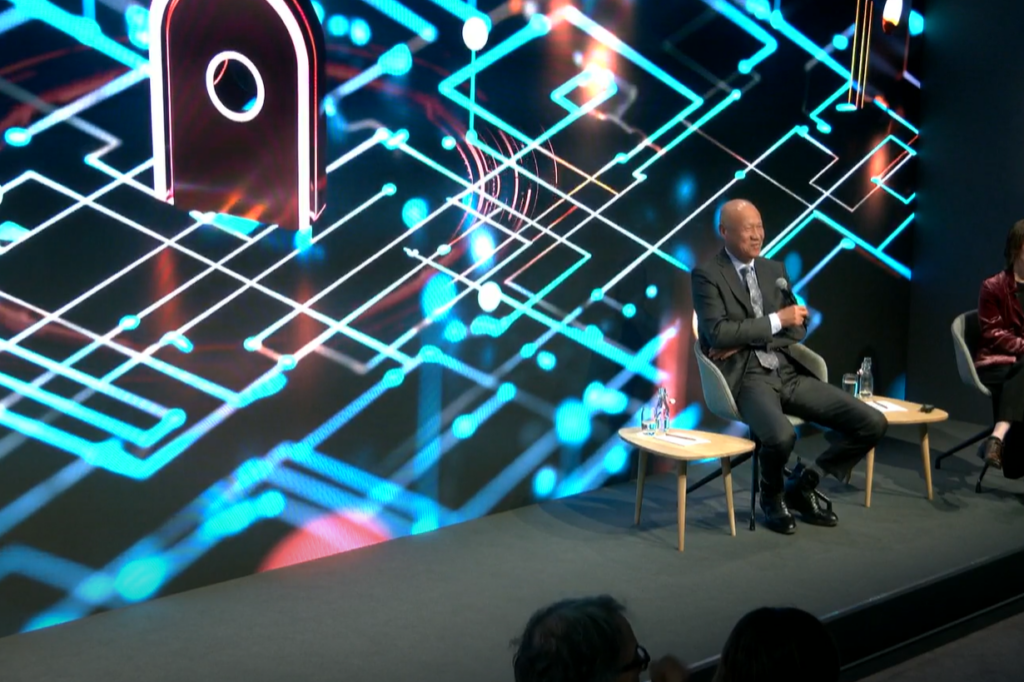The UC Berkeley Center for Long-Term Cybersecurity is partnering with the World Economic Forum to explore how diverse facets of human society, such as politics, economics, and international relations, are likely to be reshaped by the rise of the next generation of digital technologies over the coming decade.
Through a series of international workshops, the partners are developing a set of scenarios depicting a range of possible futures, with a goal of helping decision-makers in the private and public sectors navigate some of the complex trade-offs and choices they are likely to face—and to expose potential rifts that could arise around digital security on the global stage.
“Today, countries and societies around the world are starting to struggle with cybersecurity issues like privacy, the Internet of Things, and job displacement from automation,” says Steven Weber, Professor at UC Berkeley’s School of Information and Faculty Director for the CLTC. “A few years from now, they may be wrestling with quantum computing, ubiquitous sensors, and powerful artificial intelligence. The goal of this project is to generate foresight into those future struggles, and to begin working now to understand the differences, experiment with solutions, and avoid frictions that threaten to fragment the global Internet.”
“In the age of smart cities, artificial intelligence, and mobile-first communities, the road to a successful digital future leads through security,” says Troels Oerting, Head of the World Economic Forum’s Global Centre for Cybersecurity. “It will require trust and a concerted effort by law enforcement, the private sector, the public sector, and civil society. We hope to identify ways in which we can prepare and work together through public-private partnership to build a safer cyberspace.”
In the first phase of the project, the CLTC and World Economic Forum are drafting a set of core scenarios that portray a landscape of ‘cybersecurity futures’ designed to stress and stretch trade-offs in objectives and values that will appear in the near future. During the second phase, leaders from the two organizations will present the initial scenarios in other locations, such as Singapore, London, Dubai, or Berlin, to draw out differences in how people think about and respond to the challenges that the scenarios portray.
The project is expected to result in a report detailing the scenarios and key findings from the workshops, as well as a list of “decision-making heuristics” (e.g. short video snippets, an executive decision checklist, etc.) that institutional leaders can use as they make decisions concerning investments, operations, technology implementations, and human capital. The scenarios and heuristics will be released at a public session to be timed to coincide with the World Economic Forum’s Annual Meeting in January 2019.
“A key goal of this project is to describe the different points of view the scenarios evoke and to explain where those differences come from,” says Weber. “We also want to develop arguments about the consequences: will there be new opportunities for collaboration around newly discovered shared interests and objectives? Will there be emerging areas of disagreement that can be identified in advance? And how will the tensions and difficult choices that present themselves be managed on a global scale?”
The project’s lead sponsors are Qualcomm Technologies, Inc. and HP Inc.; other sponsors include Symantec and CyberCube. Project management and decision-making tool development support will be provided by CNA, a nonprofit research and analysis organization.
“The Fourth Industrial Revolution will generate both massive economic potential and unprecedented opportunity for cybercriminals,” said Shane Wall, HP Inc. Chief Technology Officer and Global Head of HP Labs. “At HP, we’re engineering the most secure technologies to protect our customers. We believe industry and government leaders must reduce complexity and deliver the right regulatory framework for a cyber-resilient future.”
“Anticipating what’s next is critical to cybersecurity,” says Kim Koro, Senior Vice President of Qualcomm Technologies, Inc. and President of Qualcomm Cyber Security Solutions. “As the world evolves and industries advance, the boundaries and impact of technology continue to get redefined. With 5G on the near horizon, we are preparing for even more connections and new experiences. By aligning our visions for tomorrow, we can begin to create the foundation for cybersecurity today.”
For more information, contact Matt Nagamine at mnagamine@berkeley.edu.




